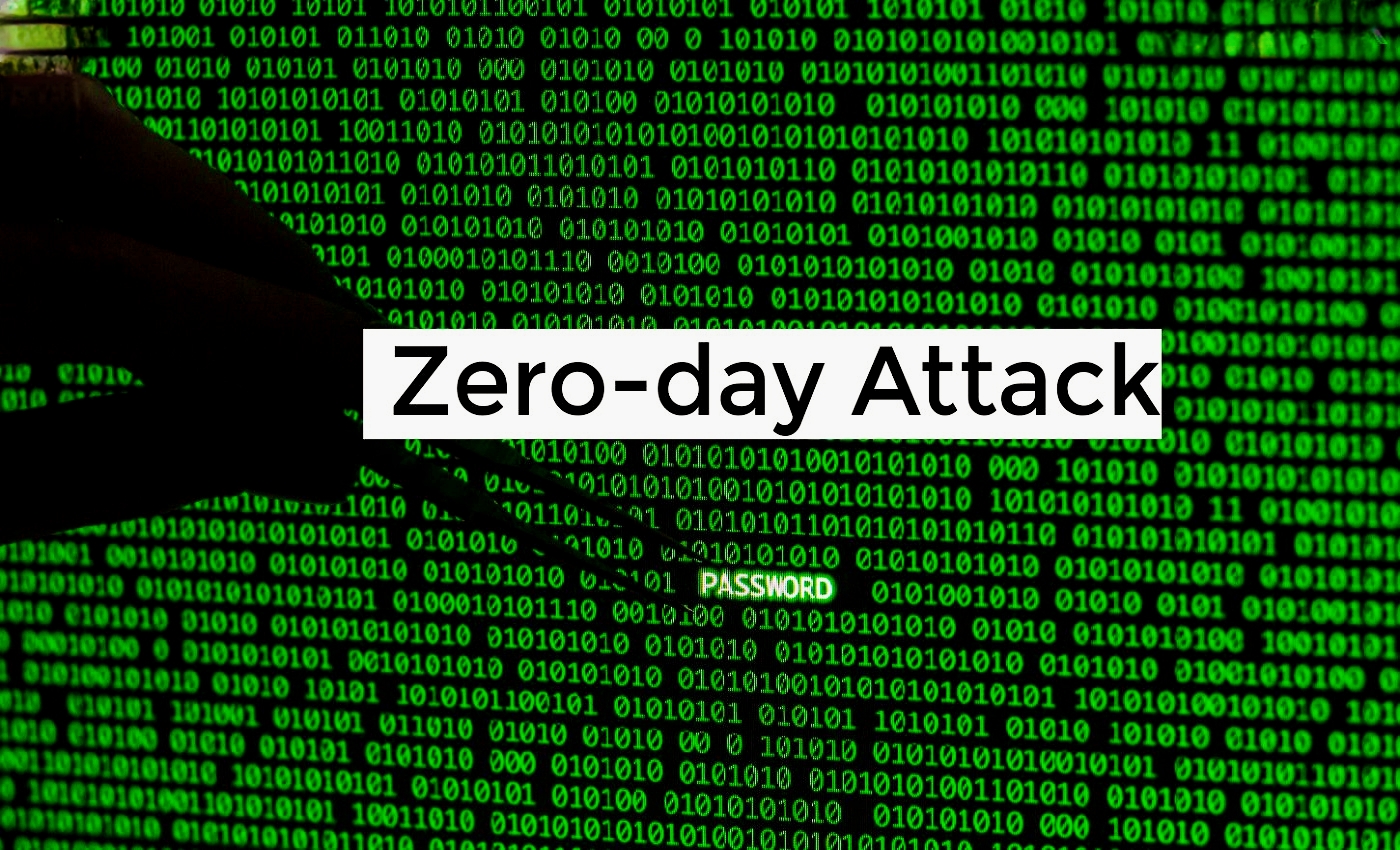Understanding Zero-Day Attacks: Essential Strategies for Cybersecurity

As technological advancements accelerate, cyber attacks are becoming increasingly sophisticated, with zero-day attacks emerging as a primary concern. These attacks function as digital time bombs, capable of infiltrating major institutions and systems worldwide without prior notice.
What makes these attacks particularly hazardous? How can they be effectively addressed?
* Understanding Zero-Day Attacks
Dr. Mohamed Mohsen Ramadan, head of the Artificial Intelligence and Cybersecurity Unit at the Arab Center for Research and Studies, explains:
"A zero-day attack exploits a security vulnerability that is unknown or undisclosed to the developers of the affected systems or software. Consequently, there are no available updates or patches when the attack occurs.
The term "zero-day" refers to the absence of time between the discovery of the vulnerability and its exploitation, leaving no opportunity for defense or response.
Once the attack infiltrates the system, the institution is rendered powerless until it can react."
Dr. Ramadan emphasizes that the danger of zero-day attacks lies in their ability to target systems before vulnerabilities are identified. These attacks are often executed by highly skilled cybercriminals, sometimes backed by organized or state-sponsored entities.
They can persist undetected for extended periods, allowing attackers to gather sensitive information, engage in espionage, or deploy malware.
Historically, nations have utilized zero-day attacks in cyber warfare, as seen in the Stuxnet incident that targeted Iran's nuclear program in 2010, exploiting weaknesses in Windows systems.
* Types of Zero-Day Attacks
Dr. Ramadan notes that zero-day attacks can manifest in various forms, including:
_ Exploiting vulnerabilities in software applications, including operating systems, web browsers, and email clients.
_ Social engineering tactics to introduce hidden vulnerabilities or trick users into opening malicious files or links.
_ Advanced network and infrastructure attacks targeting industrial control systems (ICS), data centers, and major enterprise servers.
_ Exploiting weaknesses in smart devices and the Internet of Things (IoT), such as cameras, routers, and smartwatches.
* Implications for Individuals and Organizations
Major General Abu Bakr Abdel Karim, former Assistant Minister of Interior for Media and Relations in Egypt, underscores that zero-day attacks represent not only a technical threat but also a modern warfare weapon and a national security concern.
He adds: "It is crucial for both government and private sectors to invest in cybersecurity and analytical artificial intelligence to identify vulnerabilities proactively. In today's landscape, prevention is not optional; it is essential for digital survival."
The risks associated with zero-day attacks include:
• Unauthorized access to sensitive systems and data theft.
• Deployment of spyware to monitor user activities.
• Remote control of devices and execution of commands without user consent.
• Disruption of services or damage to digital infrastructure.
• Significant financial losses and reputational harm to organizations.
Major General Abdel Karim highlights that the black market price for exploiting a zero-day vulnerability can exceed one million dollars, reflecting its high value in the cybercrime landscape.
* Strategies for Mitigating Zero-Day Attacks
While completely countering these attacks is challenging, risks can be reduced by implementing the following measures:
1 _ Regularly update systems and applications, as updates often include patches for newly discovered vulnerabilities.
2 _ Utilize behavioral detection solutions, such as EDR and XDR, to monitor system activity and identify breaches even when vulnerabilities are unknown.
3 _ Conduct routine penetration testing to uncover vulnerabilities before they can be exploited.
4 _ Implement cybersecurity policies within organizations and provide employee training on security awareness and countering social engineering tactics.
5 _ Utilize encrypted backup systems to ensure data can be restored in the event of a breach.
Zero-day attacks remain a significant threat to both individuals and organizations, making investment in cybersecurity and intelligent analytics a strategic necessity in the digital age.
